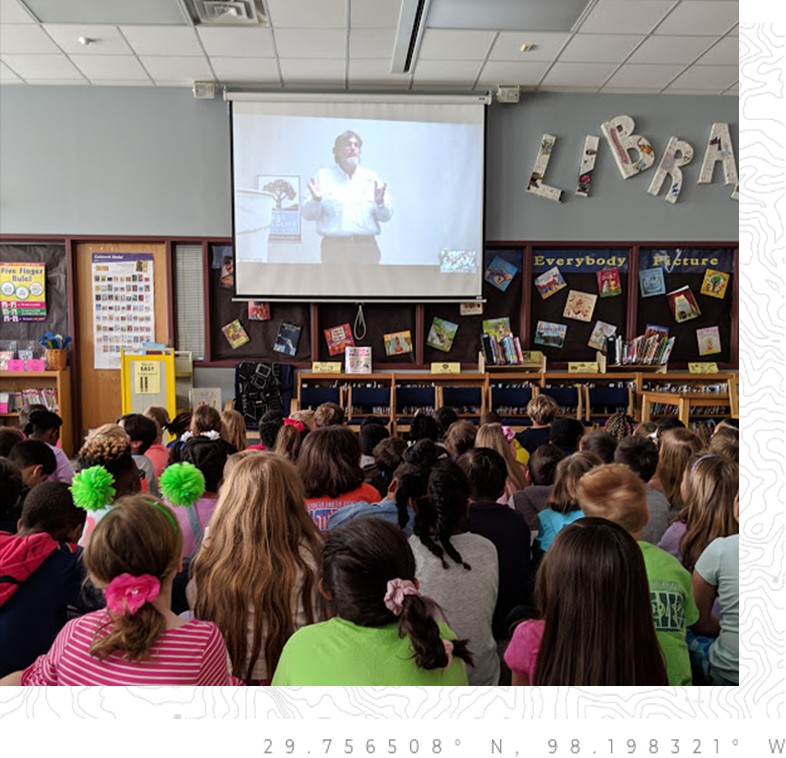Home » Program Areas » Conservation Legacy » Youth Education » Distance Learning
LEARN ABOUT TEXAS’ LAND, WATER & WILDLIFE
Bring wildlife into your classroom with on-demand programs designed for K-8 students! Videos are 15-45 minutes long and are available 24/7. All programs include interactive questions and follow-along worksheets that are aligned with the Texas Essential Knowledge and Skills (TEKS) standards.
Currently, 19 different videos are available featuring Texas wildlife, water, ecosystems, life cycles, classification, and soil, and several programs include native, live animals for an up-close encounter!

TELL YOUR STORY
Thank you for viewing one of our Distance Learning programs! Please take a moment to provide feedback as we strive to educate Texans about land stewardship and conservation, and contact us with photos of your students using the program that we can publish.
For more information about Distance Learning, contact the Conservation Education Specialist:

AMBER BROWN
Conservation Education Specialist
TWA OFFICE
6644 FM 1102
New Braunfels
Texas 78132
Tel (210) 826-2904 x114
6644 FM 1102 : New Braunfels, TX 78132
Phone: (210) 826-2904
Toll Free: (800) 839-9453
Fax: (210) 826-4933
© 2024 Texas Wildlife Association